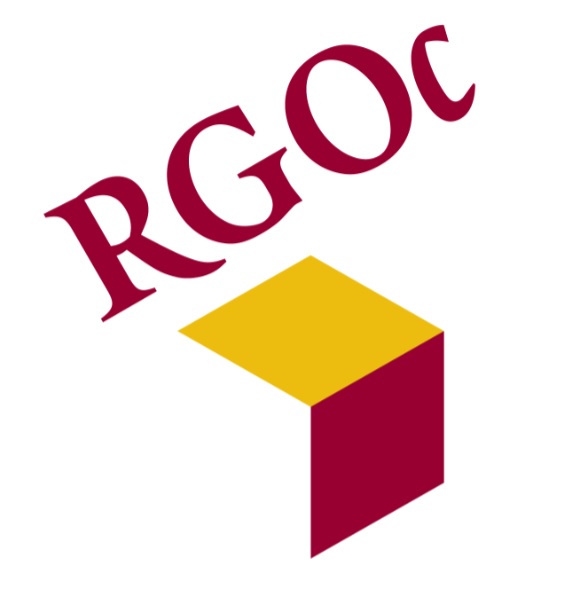- Lentis, Lister (voorheen SBWU), Molemann Tielens, Emergis, MET ggz (voorheen Mensana), GGZ Friesland, Delta en Promens Care
Cooperation
- Lentis, Lister (voorheen SBWU), Molemann Tielens, Emergis, MET ggz (voorheen Mensana), GGZ Friesland, Delta en Promens Care
Period
2012 – 2018
Finance
€ 92.751
Finance by
- Ypsilon mbv gift van derden
Status
publicatiefase
Contact(s)
mw. dr. J.T. van Busschbach (Jooske)
organisatie: UMCG, UCP/RGOc
telefoon: 050-3612069
e-mail: j.t.van.busschbach@umcg.nl
Abstract
Objective: The ‘Triangle of Care Card’, was developed to strengthen the role of caregivers and clients in their contact with workers. The card aims to facilitate the choice of subjects to be discussed while emphasising an even input of all involved. Goal is to increase cooperation and thereby the quality of care. Method: In a quasi-experimental study, 25 outpatient mental health teams and teams for supported housing participated of which 15 started working with the card. Information from files (N=284) and questionnaires completed by clients (N=356/243 ) and caregivers (N= 235/144) were used to monitor changes in contact between caregivers and workers and to evaluate the use of the card. Focus groups were used to explore the criteria for adequate use of the card and define quality of cooperation and quality of care.Results: A year after the card was introduced, there was a significant increase in the proportion of clients with caregivers in contact with the team and an increase of face to face contacts with workers teams. No change was found in the other teams. However, the use of the card was sparse. When used, clients were more involved and a broader range of subject, including the needs of care givers themselves, were discussed. Conclusion: Introduction of the Triangle of Care Card leads to change in the involvement of caregivers. However as implementation is problematic there is no indication for an increase in quality of the cooperation with caregivers and quality of care.
